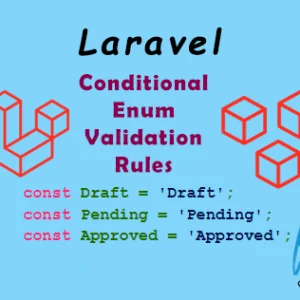Here are multiple ways to use the laravel multiple where clause query using eloquents.
Model::where('column_1','=','value_1')
->where('column_2 ','=','value_2')
->get();OR
Model::where(['column_1' => 'value_1',
'column_2' => 'value_2'])->get();The whereColumnmethod can be passed an array of multiple conditions.
$users = DB::table('users')
->whereColumn([
['first_name', '=', 'last_name'],
['updated_at', '>', 'created_at'],
])->get();Sometimes you may need to group several “where” clauses within parentheses in order to achieve your query’s desired logical grouping.
$users = User::where('name', '=', 'John')
->where(function ($query) {
$query->where('votes', '>', 100)
->orWhere('title', '=', 'Admin');
})
->get();You can use subqueries in anonymous function like this:
$users = User::where('active', 1)
->where(function($query) {
return $query
->where('approved', '1')
->orWhere('subscribed', 1);
})
->get();You can get more details about this topic from here.
To get to know more about the Laravel, you can check these articles too.
Please follow and like us:





